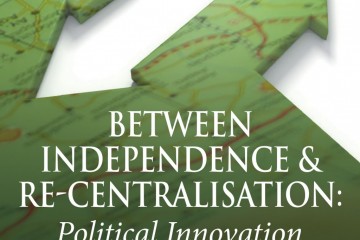
Is federalism a viable option in Spain?
The Spanish state has been suffering from a deep crisis for several years, as Basque and Catalan claims for the ‘right to decide’ have clearly illustrated. Thus, it’s hardly surprising that the federalist option has been rediscovered as a way to solve the problems of the ‘State of Autonomies’. Is federalism a realistic solution?
To answer this question, two aspects should be considered: 1) the potential of federalism as a solution to the specific problems linked to national pluralism; and 2) the viability of federal reform in Spain.
1. Federalism and national pluralism
Federal studies have been considerably revived over the last 20 years and have abandoned some of their former beliefs or convictions. Federalism is not a panacea for solving problems of national pluralism in democratic contexts. Nor is federalism is a project necessarily concerned with national diversity (see Seymour and Laforest 2001: 9-10). This renewal has been greatly motivated by the difficulties encountered in advanced democratic systems (Canada, Belgium, Spain, to give a few examples) to reconcile deep diversity with the specific demands of the democratic principle. That is what Carl Schmitt already referred to in 1928 (2003: 356) when he emphasized the necessity of (existential) cultural and political homogeneity to ensure the stability of federal states. Empirical evidence confirms the German jurist’s theory. The great majority of federations, including those which started with important cultural and political diversity, evolved towards a form of Unitarian federalism which, in its fundamental aspects, eventually adopted the shape of the dominant State, the Nation-State (one State, one people). Schmitt refers to this federal form as ‘the federal State without federal bases’ (2003: 368). In the most recent specialized literature calls this type of federalism ‘territorial federalism’, that is to say a way to organize the political power of a single people or nation from a legal and territorial point of view (otherwise known as a monistic theory of federalism; see Karmis and Norman 2005: 3-17).










